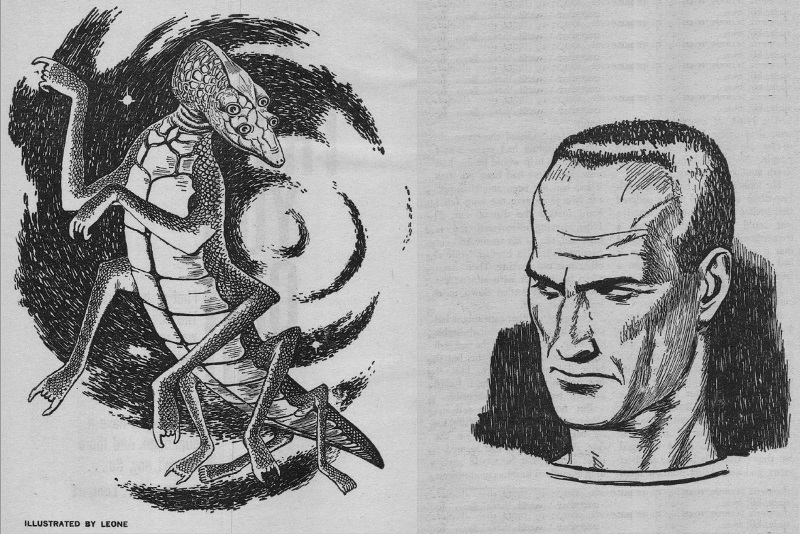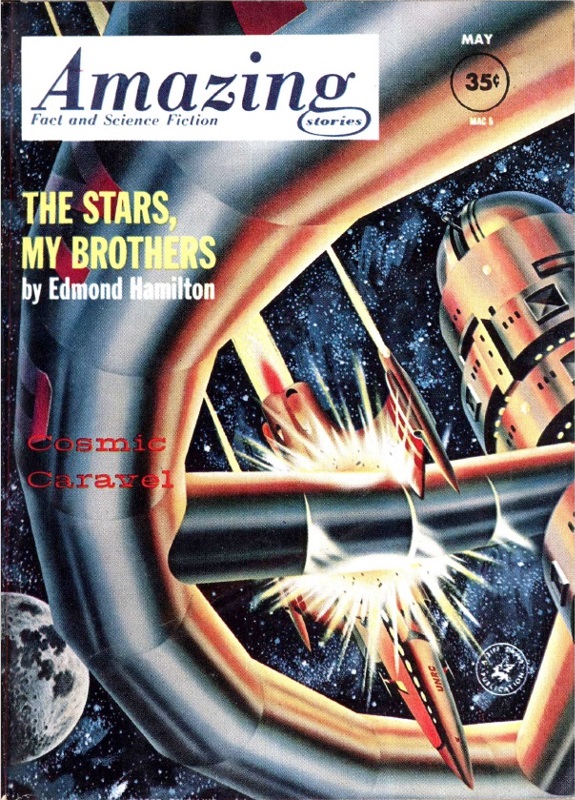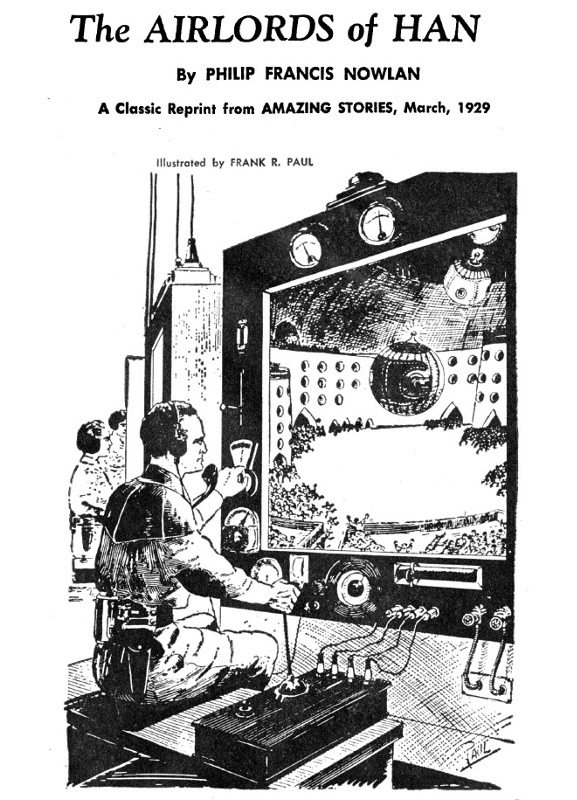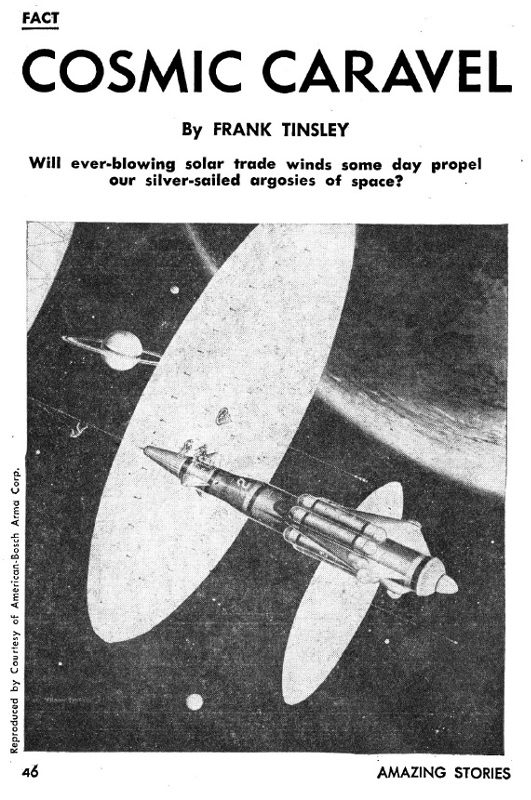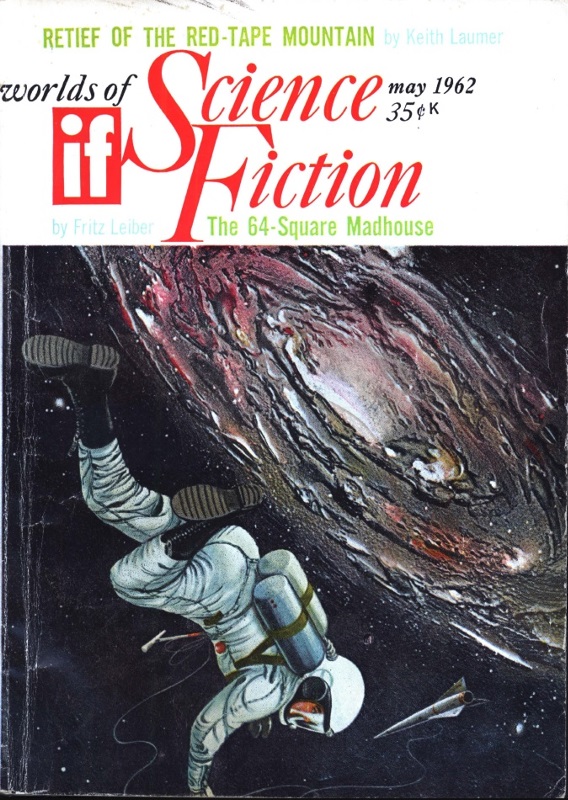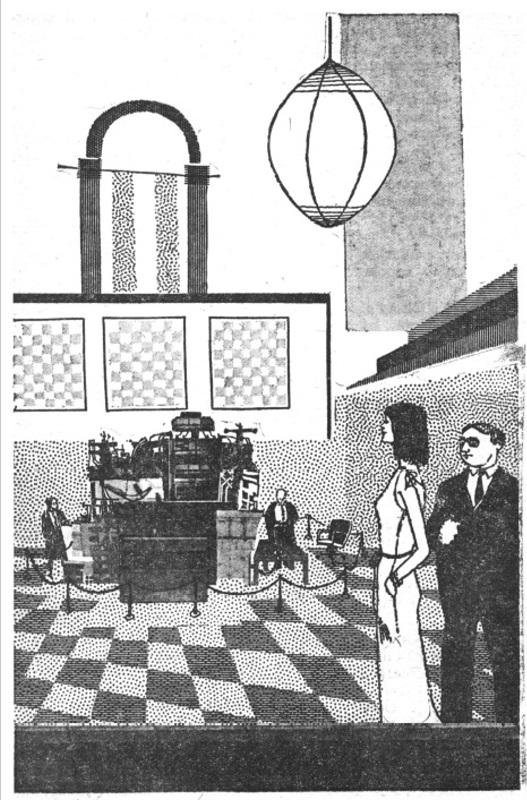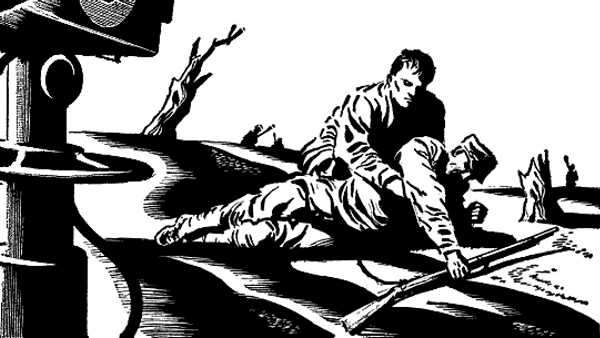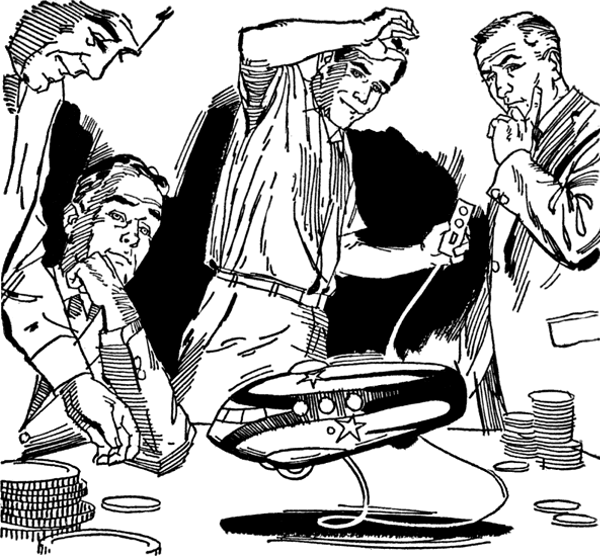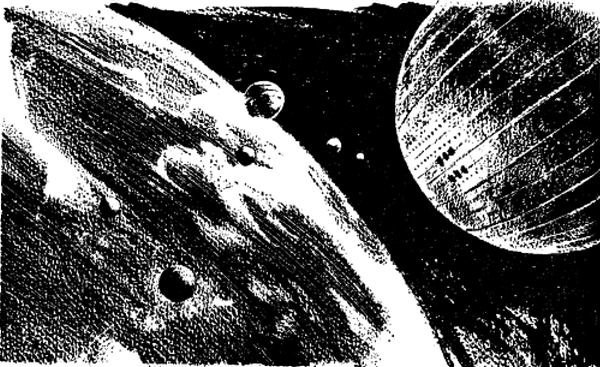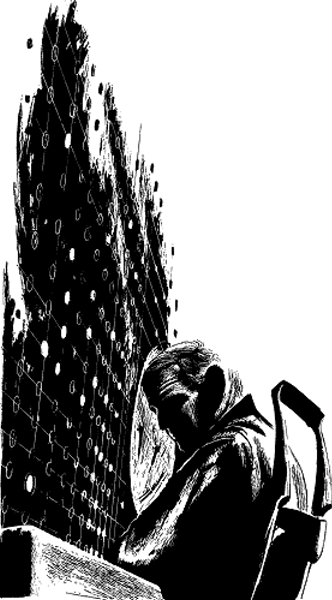
by Gideon Marcus
I never thought the time would come that reading The Magazine of Fantasy and Science Fiction would be the most dreaded portion of my duties…and yet, here we are. Two issues into new Editor Avram Davidson's tenure, it appears that the mag's transformation from a great bastion of literary (if slightly stuffy) scientifiction is nearly complete. The title of the digest might well be The Magazine of Droll Trifles (with wry parenthetical asides).
One or two of these in an issue, if well done, can be fine. But when 70% of the content is story after story with no science and, at best, stream-of-consciousness whimsy, it's a slog. And while one could argue that last issue's line-up comprised works picked by the prior editor, it's clear that this month's selections were mostly Davidson's.
Moreover, Robert Mills (the outgone "Kindly Editor") used to write excellent prefaces to his works, the only ones I would regularly read amongst all the digests. Davidson's are rambling and purple, though I do appreciate the biographical details on Burger and Aandahl this ish.
I dunno. Perhaps you'll consider my judgment premature and unfair. I certainly hope things get better…

Who Sups With the Devil, by Terry Carr
This is Carr's first work, and one for which Davidson takes all the credit (blame) for publishing. It sells itself as a "Deal with Diablo" story with a twist, but the let-down is that, in the end, there is no twist. Two stars.
Who's in Charge Here?, by James Blish
A vivid, if turgid, depiction of the wretched refuse that hawk wares on the hot streets of New York. I'm not sure what the point is, and I expect better of Blish (and F&SF). Two stars.
Hawk in the Dusk, by William Bankier
This tale, about a vicious old prune who has a change of heart in his last days, would not be out of place in an episode of Thriller or perhaps in the pages of the long-defunct Unknown. In other words, nothing novel in concept. Yet, and perhaps this is simply due to its juxtaposition to the surrounding dreck, I felt that it was extremely well done. Five stars.
One of Those Days, by William F. Nolan
From zeniths to nadirs, this piece is just nonsense piled upon nonsense. It's the sort of thing I'd expect from a 13-year old…and mine (the Young Traveler) has consistently delivered better. One star.
Napoleon's Skullcap, by Gordon R. Dickson
Can a psionic kippah really tune you in to the minds of great figures of the past? Dickson rarely turns in a bad piece, and this one isn't horrible, but it takes obvious pains to be oblique so as to draw out the "gotcha" ending as far as possible. Three stars, barely.
Noselrubb, the Tree, by Eric Frazee
Noselrubb, about an interstellar reconnaissance of Earth, is one of those kookie pieces with aliens standing in for people. Neophyte Frazee might as well throw in the quill. One star.
By Jove!, by Isaac Asimov
Again, I am feeling overcharitable. It just so happens that I plan to write an essay on Uranus as part of my movie that took place on the seventh planet. Asimov's piece, about the internal make-up of the giant planets, is thus incredibly timely. It's also good. Five stars (even though the Good Doctor may have snitched his title from me…).
The Einstein Brain, by Josef Nesvadba
F&SF's Czech contributor is back with another interesting peek behind the Iron Curtain. Brain involves the creation of an artificial intelligence to solve the physical problems beyond the reach of the greatest human minds. The moral – that it's okay to stop and smell the flowers – is a reaction, perhaps, to the Soviet overwhelming emphasis on science in their culture. We laud it, but perhaps they find it stifling. Three stars.
Through Time and Space with Ferdinand Feghoot: L, by Reginald Bretnor
Possibly the worst Feghoot…and there's no small competition.
Miss Buttermouth, by Avram Davidson
The unkindly Editor lards out his issue with a vignette featuring a protagonist from the Five Roses, complete with authentic idiom, and his run-in with a soothsayer who might have a line on the ponies. It's as good as anything Davidson has come up with recently. Two stars.
The Mermaid in the Swimming Pool, by Walter H. Kerr
Mr. Kerr is still learning how to write poetry. Perhaps he'll get there someday. Two stars.
Love Child, by Otis Kidwell Burger
Through many commas and words of purplish hue, one can dimly discern a story of an offspring of some magical union. Mrs. Burger reportedly transcribes her dreams and submits them as stories. The wonder is that they get accepted and published. Two stars.
Princess #22, by Ron Goulart
If Bob Sheckley had written this story, about an abducted princess and the android entertainer for whom she is a dead ringer, it probably would have been pretty decent. Goulart makes a hash of it. Two stars.
When Lilacs Last in the Dooryard Bloomed, by Vance Aandahl
Young Vance Aandahl made a big splash a couple of years ago and has turned in little of note since. His latest, a post-apocalyptic tale of love, savagery, and religion, draws on many other sources. They are less than expertly translated, but the result is not without some interest. Three stars.
***
Generously evaluated, this issue garners 2.7 stars. However, much of that is due to the standout pieces (which I suspect you will not feel as strongly about) and to a bit of scale-weighting for the three stars stories…that are only just.
(by the way, is it just me, or does the cover girl bear a striking resemblance to the artist's spouse, Ms. Carol Emshwiller?)



